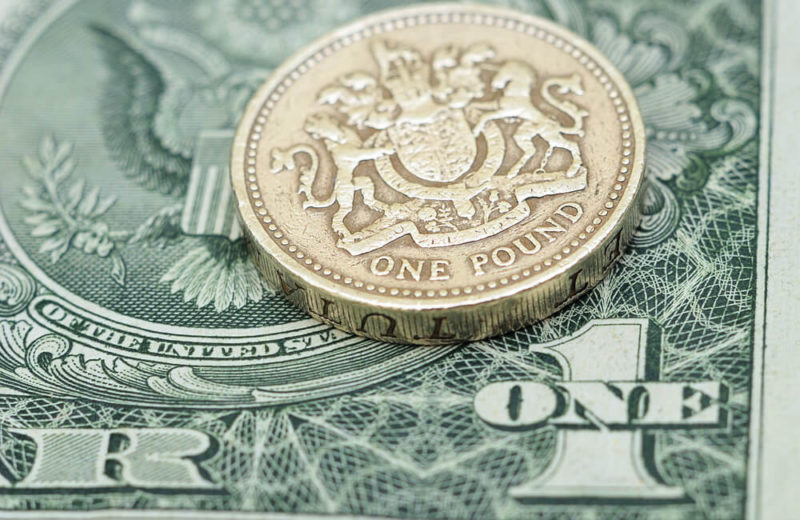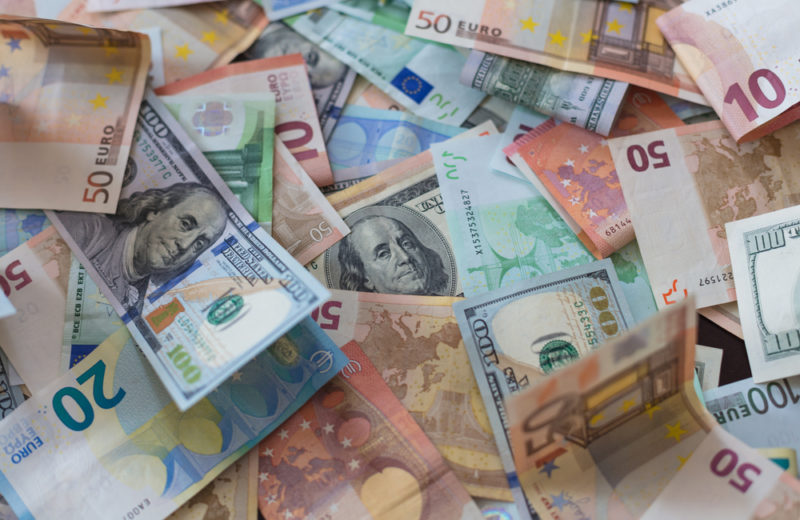The British pound experienced a decline on Wednesday, triggered by lower-than-expected inflation data in the UK. This suggested that the Bank of England might not need to raise interest rates as high as previously anticipated. Concurrently, dovish remarks from the Bank of Japan put the yen under pressure, softening its value.
The pound weakened against the US dollar by 0.78%, reaching $1.2930, and also lost ground against the euro, as inflation figures for June fell more than anticipated, registering its slowest growth in over a year at 7.9%.
This drop signaled the largest percentage fall for the British currency against the dollar in three weeks, following its recent peak of $1.3144 achieved on Thursday.
British Currency’s Biggest Fall Against Dollar in Weeks
Kenneth Broux, head of corporate research FX and rates at Societe Generale, remarked on the positive aspect of lower-than-forecasted inflation figures, leading to profit-taking in sterling. He noted that British government bond yields decreased in comparison to US Treasuries and German bunds, which led to the pound being overbought after recent gains.
Prior to the release of Wednesday’s inflation data, investors had assigned a roughly 60% likelihood of the Bank of England hiking rates by a half-percentage point on August 3. However, after the data was published, this expectation shifted to a 60% chance of a quarter-percentage point hike.
Bank of Japan Remains Committed to Ultra-Loose Monetary Policy
Meanwhile, central banks in the Asia-Pacific region were also in focus, causing the dollar to reach a one-week high against the Japanese yen, rising by 0.68% to 139.81. Bank of Japan Governor Kazuo Ueda emphasized that achieving the central bank’s 2% inflation target would require sustained efforts, signaling a commitment to maintaining ultra-loose monetary policy, in contrast to the hawkish approach taken by other major central banks.
In addition to the pound and yen movements, the New Zealand dollar experienced volatility, briefly surging after consumer inflation in the second quarter slightly exceeded expectations. However, it later traded down 0.57% at $0.6235.
Elsewhere, the euro showed a slight decline at $1.12185, moving away from its 17-month peak of $1.1276 recorded in the previous session. Consequently, the dollar index rebounded by 0.27% to 100.24, retracing from the 15-month low it reached in the previous trading session.
US Dollar Pauses Decline After Cooler Inflation Reading
The dollar’s steep decline witnessed last week paused after a cooler-than-expected US inflation reading. Traders began pricing in an imminent peak in Federal Reserve rates.
Economists polled by Reuters anticipate a 25-basis-point rate hike by the Fed during its upcoming policy meeting this month, with a majority predicting that it would mark the end of the current monetary tightening cycle by the central bank.















